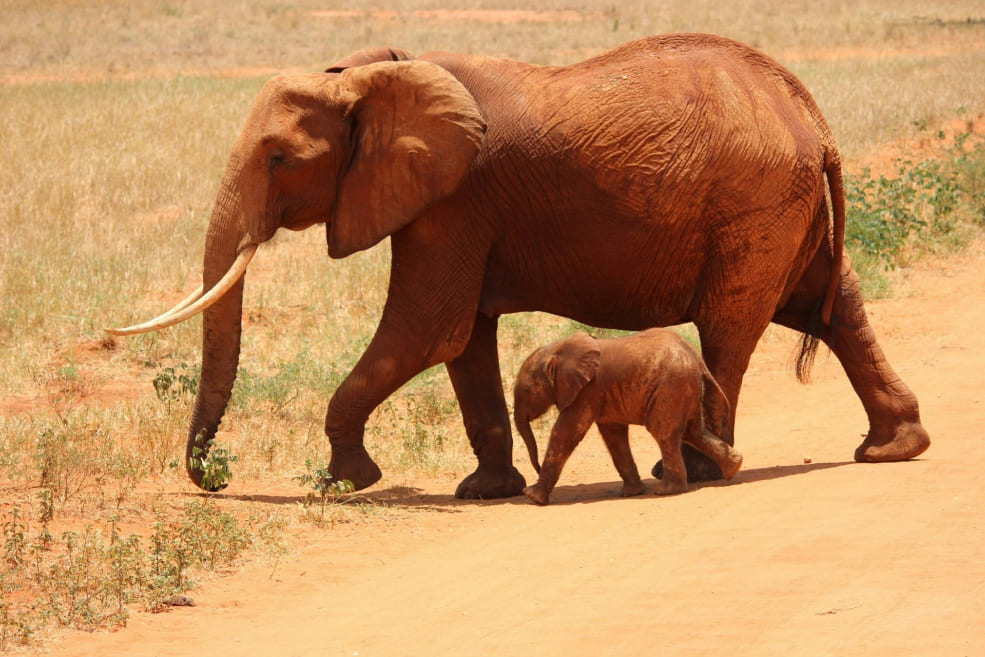
The Importance of Pollinators in Agriculture and Ecosystems
Pollinators, such as bees, butterflies, birds, and bats, are essential to the health of ecosystems and the success of global agriculture. These creatures facilitate the reproduction of flowering plants by transferring pollen, which is crucial for the production of fruits, vegetables, and seeds. This article examines the critical role of pollinators, the challenges they face, and the importance of protecting them.
Pollinators are responsible for the reproduction of approximately 75% of the world's flowering plants, including many crops that humans rely on for food. They contribute to the production of a wide variety of fruits, nuts, and vegetables, making their role in agriculture indispensable. Without pollinators, many of the foods we enjoy would become scarce, leading to increased food prices and decreased food security.
Beyond agriculture, pollinators are vital for maintaining healthy ecosystems. They support biodiversity by helping plants reproduce, which in turn provides food and habitat for other wildlife. A diverse range of plants supports a variety of animals, creating interconnected ecosystems that thrive on each other's presence. The decline of pollinators can disrupt these systems, leading to diminished plant diversity and affecting numerous species that depend on these plants for survival.
Despite their importance, pollinators face numerous threats, including habitat loss, pesticide use, climate change, and disease. Urbanization and agricultural expansion have led to the destruction of natural habitats, while the widespread use of pesticides has been linked to declines in bee populations. Additionally, climate change alters flowering times and disrupts the availability of food sources for pollinators, making it more difficult for them to thrive.
To protect pollinators and ensure their continued contribution to ecosystems and agriculture, various conservation efforts are underway. These include creating pollinator-friendly habitats, promoting organic farming practices, and reducing pesticide use. Public awareness campaigns can also encourage individuals and communities to plant native flowers, establish pollinator gardens, and support local conservation initiatives. By recognizing the vital role of pollinators, we can work together to safeguard their populations and the ecosystems they support.